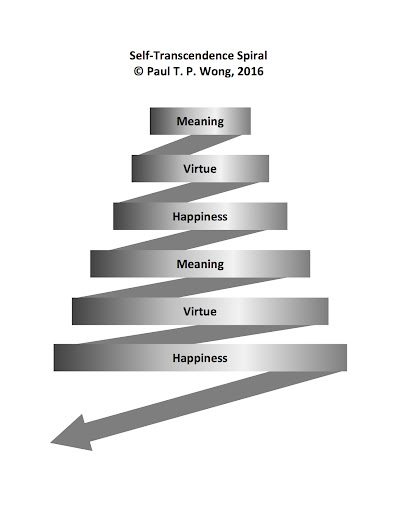
Human nature, often perceived as a fixed entity driven by inherent self-interest and competition, is in fact a remarkably malleable and adaptable force. Our capacity for learning and the development of sophisticated maintenance systems hold the key to transcending the limitations of a purely individualistic drive. To truly foster a habitat that is free, inclusive, and accessible for all, we must consciously adapt our learning processes and cultivate robust maintenance systems that prioritize collective well-being over narrow self-interest. This transcendence is not a utopian ideal, but a pragmatic necessity for the long-term flourishing of our species and the planet we inhabit.

The inherent human capacity for learning is the cornerstone of this transcendence. Unlike instincts that are largely pre-programmed, our behavior is significantly shaped by experience, education, and cultural transmission. We learn not only practical skills but also ethical frameworks, social norms, and systems of cooperation. By consciously designing our learning systems – from early childhood education to lifelong learning initiatives – we can cultivate empathy, critical thinking, and a deep understanding of interconnectedness. Curricula that emphasize global citizenship, environmental stewardship, and the value of diversity can actively shape a human nature that is more inclined towards inclusivity and shared responsibility. This involves moving beyond purely competitive models of education towards collaborative learning environments that foster a sense of collective achievement and mutual support.
Furthermore, our ability to develop and maintain complex systems is a defining characteristic of human intelligence. We have created intricate social, economic, and political structures to organize our societies. The key to transcending the limitations of human nature lies in consciously designing and diligently maintaining these systems to prioritize the common good. This requires a shift in focus from systems that inherently perpetuate inequality and environmental degradation towards those that actively promote freedom, inclusivity, and accessibility.
Consider the maintenance of a “free” habitat. This necessitates the development and consistent upkeep of legal and ethical frameworks that protect fundamental human rights and freedoms for all individuals, regardless of their background. This includes robust justice systems that are fair and equitable, and media landscapes that promote informed discourse and challenge oppressive ideologies. Learning systems play a crucial role in instilling a deep respect for these freedoms and the understanding that individual liberty is inextricably linked to the liberty of others.
An “inclusive” habitat demands the active dismantling of systemic barriers that marginalize and exclude certain groups. This requires continuous learning about diverse perspectives, challenging ingrained biases, and adapting our social and economic systems to ensure equitable opportunities for all. Maintenance systems for inclusivity include anti-discrimination laws, affirmative action policies (where ethically and contextually appropriate), and the creation of accessible infrastructure and services that cater to the needs of a diverse population. Educational initiatives that foster intercultural understanding and empathy are vital in maintaining a culture of inclusion.

Finally, an “accessible” habitat requires the conscious design and upkeep of systems that ensure everyone has access to essential resources and opportunities. This encompasses not only physical accessibility through universal design principles but also equitable access to education, healthcare, technology, and economic participation. Maintenance systems for accessibility involve investing in public infrastructure, implementing social safety nets, and regulating markets to prevent the concentration of resources that leads to exclusion. Learning systems must emphasize the ethical imperative of ensuring basic needs are met for all members of society and the long-term benefits of a healthy and empowered populace.
The transcendence of human nature is not a passive process; it demands conscious effort and continuous adaptation of both our learning and maintenance systems. It requires a willingness to challenge ingrained assumptions about human behavior and to actively cultivate a mindset of collective responsibility. This involves fostering a culture of empathy, promoting critical thinking that questions existing power structures, and diligently maintaining systems that prioritize the well-being of all.
In conclusion, while certain aspects of human nature might lean towards self-interest, our unique capacity for learning and the creation of complex maintenance systems provide the tools necessary for transcendence. By consciously shaping our learning processes to cultivate empathy and understanding, and by diligently maintaining systems that prioritize freedom, inclusivity, and accessibility, we can move beyond the limitations of a purely individualistic drive. This adaptation is not merely an ethical aspiration but a fundamental requirement for creating a sustainable and thriving future where the human imprint on the planet is one of shared stewardship and collective well-being.